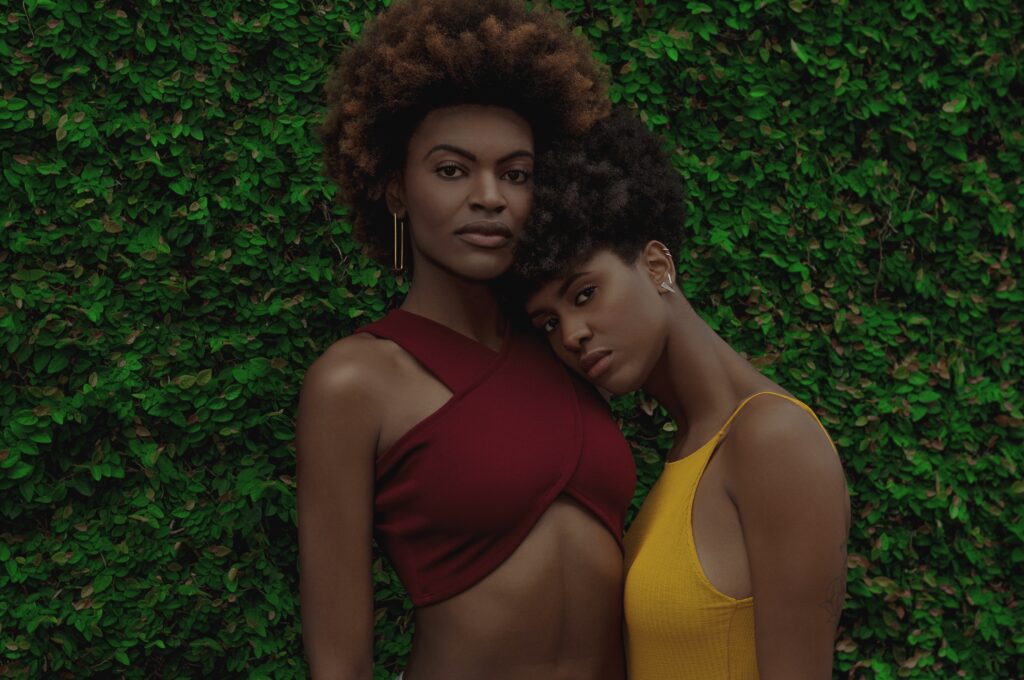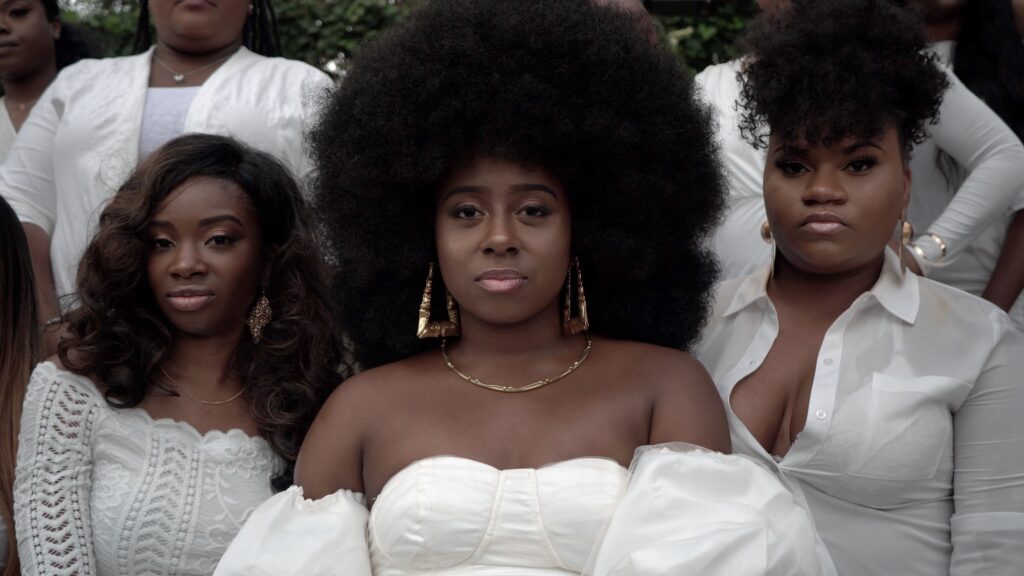Black women are seemingly and unanimously “burning their capes” and opting for the soft life, and it is refreshing to see. I don’t know when or how it happened. Still, suddenly, Black women decided quietly and unitedly that they would relinquish the idea of pain and suffering as a tool for acceptance and instead damn the consequences and put themselves first. This phenomenon is revolutionary, and although it has made Black women susceptible to harsher criticism, it’s all good. I happen to be one of the many Black women who believed I had to grovel, struggle and pine for everything. Although the struggle mentality became part of my persona for years, I, like millions of Black women, recently gave it up, and here is why that is so liberating.
It Feels Like A New Day
Almost a decade ago, I was neck-deep into the notion that to thrive in a relationship of any sort, I had to be a sacrificial lamb. I went all out for those I cared about, eventually becoming a pushover in the process. This way of life did not only tear at my sense of self; it made me intrinsically believe without a reasonable doubt that I was less than. As a result, that led to a significant power imbalance in my relationships and in life in my immediate environment. By martyring myself repeatedly, I became the friend in the friend group who was always there and would bend over backward to help anyone. As a result, in my all-white school, I became the living embodiment of what stereotypical Black women are supposed to be “strong,” “passionate” and “intimidating,” all of the brilliant euphemisms used to describe Black women in unexposed white spaces. Looking back, I wish I knew then what I know now. Now that I do, it feels like a new dawn, a fresh start.

It Is Liberating
There is an unspoken, spoken rule that Black women are the mules of the world. As a gender and a subsection of a race, Black women are frequently expected to carry the weight of the world on their shoulders with a smile on their faces. More often than not, Black women and predisposed to bending over backward for society at a tender age. For me personally, this reality led me to grow up suppressing and stifling myself. In certain spaces, I had to seem more docile and agreeable while still staying “in character” as a Black woman, never missing a beat. It got exhausting after a while. The portrayal and societal expectation for Black women to be long-suffering, emotionally and physically supernaturally fortified is swiftly losing its luster. Rejecting the notion that I have to be strong all of the time without missing an emotional beat has been beyond liberating.
@jazztheyogi I don’t wanna be strong anymore, but I also don’t know how to be anything except strong af. My therapist told me tonight “Even when you’re telling me some awful things you’re smiling at me and laughing..I think your gift is finding the light in everything.” 🥺✨💕🌈 #therapytiktok #healingjourney #singlemomshit #strongindependentwoman #spiritualwoman ♬ original sound – Britanny
Self-Rewarding
The irony is that although Black women are expected to be self-sacrificial and give all of themselves, there is usually no “reward” for their long-suffering. It doesn’t matter what type of setting this occurs in; Black women are consistently disregarded, dismissed, and placed on the back burner. When they do show up and show out for everyone else, it is hardly ever appreciated; instead, it has come to be expected. In other words, the blatant disrespect of Black women has been woven into the fabric of everyday life. In romantic relationships especially, it is not uncommon to notice a Black woman doing a majority of the laborious work, physically, emotionally, and spiritually, to keep the union afloat, with very little appreciation.
For these reasons and more, Black women are reclaiming their joy and peace of mind by rewarding themselves, appreciating and affirming themselves and burning their capes, and I am one of them. It is exhausting to continuously over-extend yourself for causes that do not return the favor to you even in the slightest.
For years Black women showed up, did the work, fed the kids, went to work, protested, and were at the receiving end of social, emotional, and verbal abuse. These factors have inspired many Black women to push harder for self-love and appreciation, and rightfully so.
So next time you call me “strong,” and I visibly cringe, you know why.

